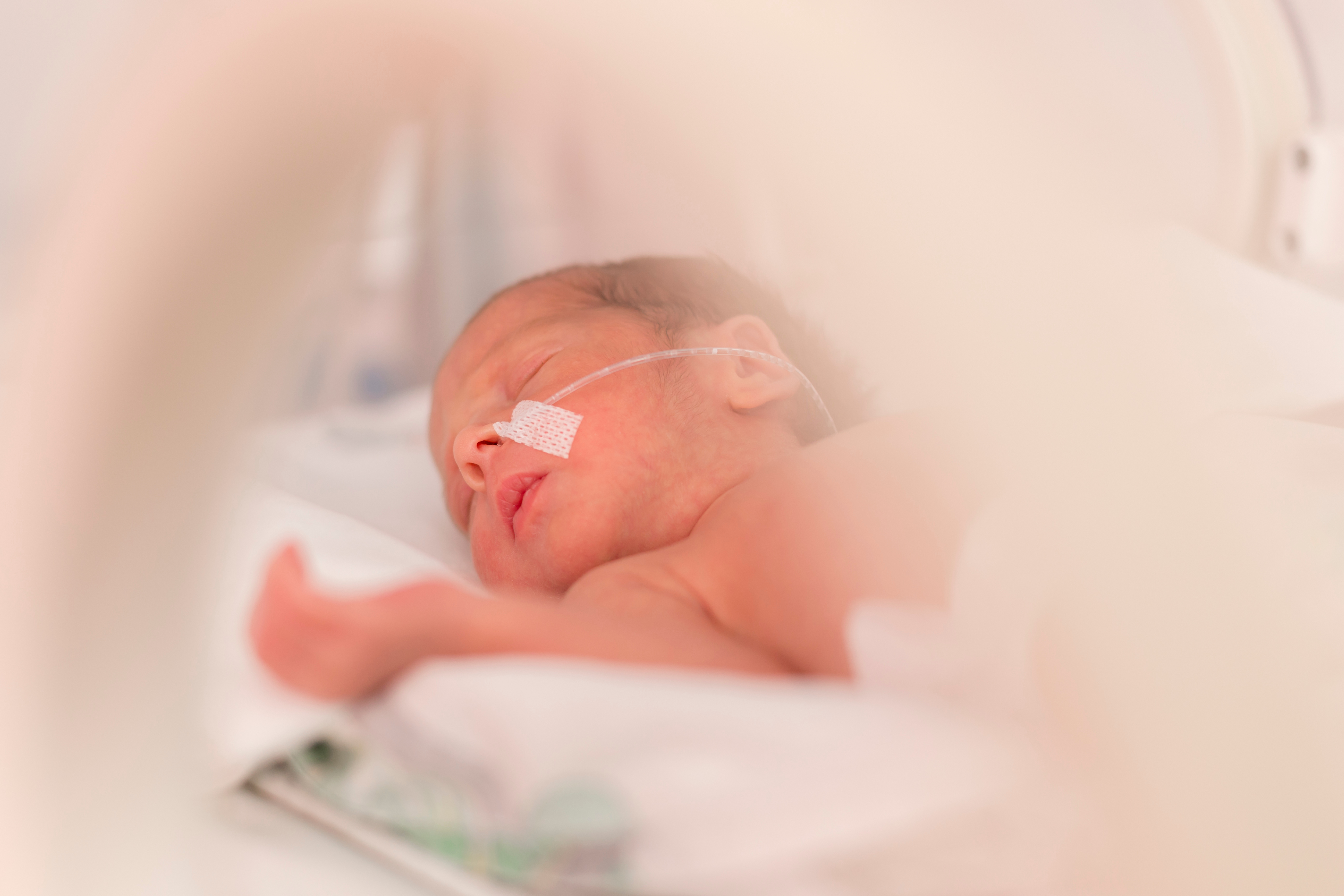To read the previous, read Prematurity and Breastfeeding.
Many parents wonder when a premature baby can go home with them. An excellent question, but there each baby is different. It depends on three critical dimensions:
- The baby’s heart and respiratory condition
- Normal weight gain
- The feed well either from the breast or bottle
Some babies can leave the hospital at 35 weeks, while others will remain beyond 40 weeks.
Parents need to be prepared for the return home with their baby, as they will start another life stage. Parents have learned how to care for their baby in the hospital, often with the help of staff, but they will now have to do it themselves. This can be an important source of stress, as they may also have to prepare the other children for the arrival of their long-expected brother or sister.
When adapting, it’s normal that parents worry that the baby will stop breathing, that they don’t gain enough weight, that they become inconsolable, they get an infection, or that the parents aren’t equipped to deal with these new responsibilities. Time will heal all and will lower stress levels and establish a sort of balance in the family. Parents will discover their baby and will know how to detect and interpret their behaviour, pace, movements, colour, fatigue, etc.
You have to learn to live one day at a time, and each victory as a step forward.
You also have to prevent physical and psychological exhaustion, as the parents are often entirely devoted to their role and forget their own needs. Parents have to take care of each other and the other children if they have them. Maintain communications and time for each other is essential to let off steam, talk, remain intimate and support each other.
Isolation and self-reliance are not the right choices when adapting. You need to ask for help as needed from friends and family and stay in contact with your friends, social network to be able to talk, be comforted and to get practical help when it is needed.
If needed, you also have online resources:
- www.laccompagnateur.org
- www.premaquebec.ca
To read the last part of this article, go to Premature Baby Development.


